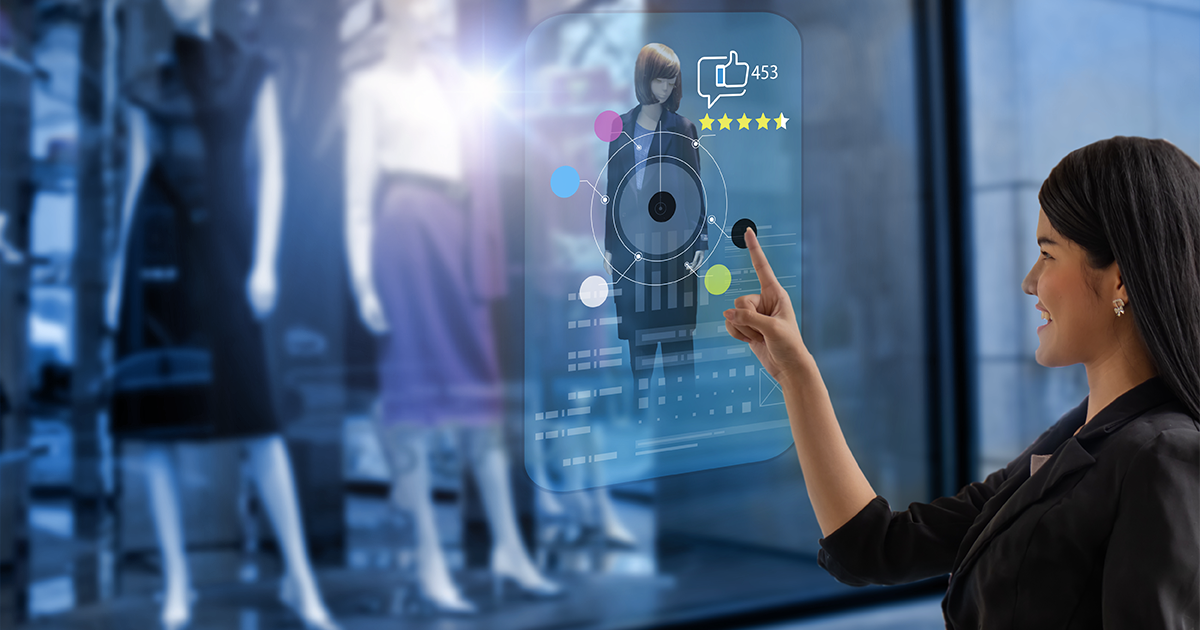Hello!
In order to keep their stores, retailers should consider whether they understand how customer shopping habits have changed and what today’s shopping habits are.
Data Becomes Vital
 The plight of retail is often blamed on the growing online retail industry. One of the advantages of the latter is a much higher degree of use of IT solutions than, on average, in traditional retail. And it is the introduction of advanced technologies that can save “regular” retail.
The plight of retail is often blamed on the growing online retail industry. One of the advantages of the latter is a much higher degree of use of IT solutions than, on average, in traditional retail. And it is the introduction of advanced technologies that can save “regular” retail.
Retail is facing the process of transformation and introduction of data analysis and forecasting tools into business processes.
Of course, sales data has always been used in retail, but previously the information derived from its analysis told us “what was” at best.
Now the means of artificial intelligence allow the owners of retail chains:
- – to consider the results of past periods much more closely,
- – to make better predictions for the future,
- – to “lose” options for business development before making decisions.
How Artificial Intelligence Helps Retailers
 AI mimics human behavior by analyzing external stimuli, reasoning, acting on insights, and adapting.
AI mimics human behavior by analyzing external stimuli, reasoning, acting on insights, and adapting.
The chief element of AI applied by leading companies today is machine learning (ML).
With the help of ML, AI systems are “learning” to better and better detect patterns in pre-prepared data kits and create predictions about the future based on them.
The three main areas where AI is helping retailers are:
1) improving their understanding of consumer needs, enabling them to create personalized proposes to each customer;
2) forecasting demand;
3) planning purchases.
Predictive capabilities are the foundation for retailers’ survival. AI and ML may predict how much merchandise will be required on any given day based on consumer demand, saving money and time, which is critical given that this is an industry with a very low profit margin.
 ML and AI may also be very helpful in making plans to optimize purchasing, inventory, and sales by helping to answer questions about whether the current assortment is right for consumer demand, whether costs are right, which stores should be supplied with what products, regional and other considerations, and which outlets should be on sale and which products – if “just selling” those products are not going well.
ML and AI may also be very helpful in making plans to optimize purchasing, inventory, and sales by helping to answer questions about whether the current assortment is right for consumer demand, whether costs are right, which stores should be supplied with what products, regional and other considerations, and which outlets should be on sale and which products – if “just selling” those products are not going well.
AI use cases in retail
Many major retailers have successfully implemented artificial intelligence. This spring, for case, Walmart unveiled the stock of the prospect, a “smart retail lab.
 By monitoring stock levels, the AI system deployed in the store alerts staff when it is time to replenish them, or when new items have been sitting on the shelves for too long and should be removed from sale.
By monitoring stock levels, the AI system deployed in the store alerts staff when it is time to replenish them, or when new items have been sitting on the shelves for too long and should be removed from sale.
The Walgreens pharmacy chain tracks the spread of the flu epidemic by analyzing prescription information for antiviral medications. It keeps customers informed about the flu in their area, and the retailer controls its 8 thousand pharmacies’ inventory more efficiently.
Applying IBM Watson cognitive computing services, North Face provides personalized output recommendations to shoppers by analyzing information from them about their plans for upcoming outdoor activities.
And premium department store chain Neiman Marcus offers shoppers a mobile app with a visual search capability:
- they can upload photos of their favorite items
- and the system will search for similar items in the store’s assortment.
Also read:
- Runway Aleph: Revolutionizing Video Editing with a Single Prompt
- MIT CSAIL Teaches Robots to Learn Their Own Physics from Video
- Internal Dialogue Can Now Be Overheard: Stanford’s Breakthrough in Decoding Inner Speech
Thank you!
Join us on social media!
See you!






